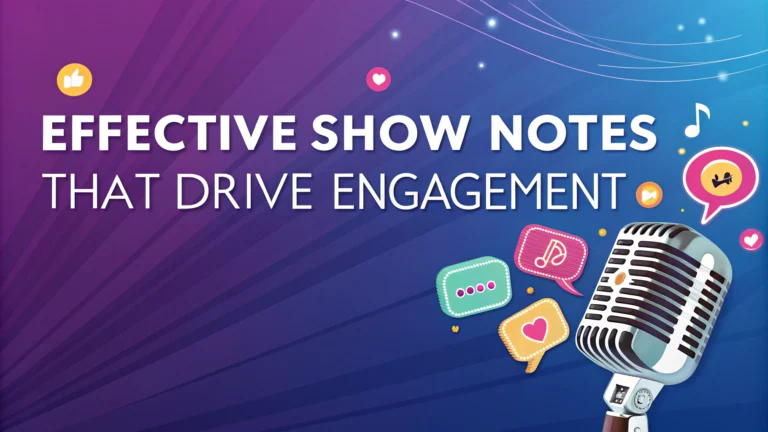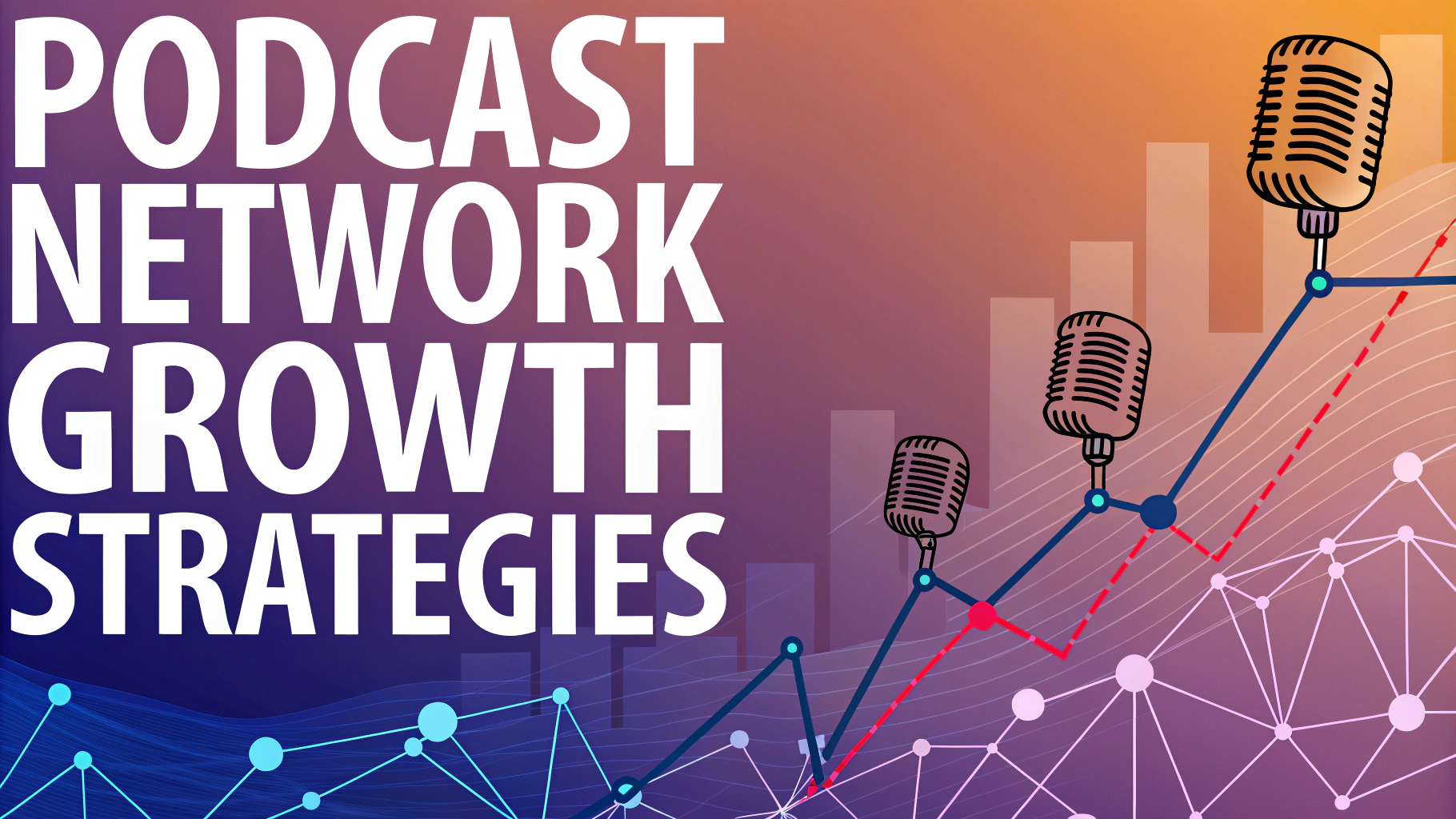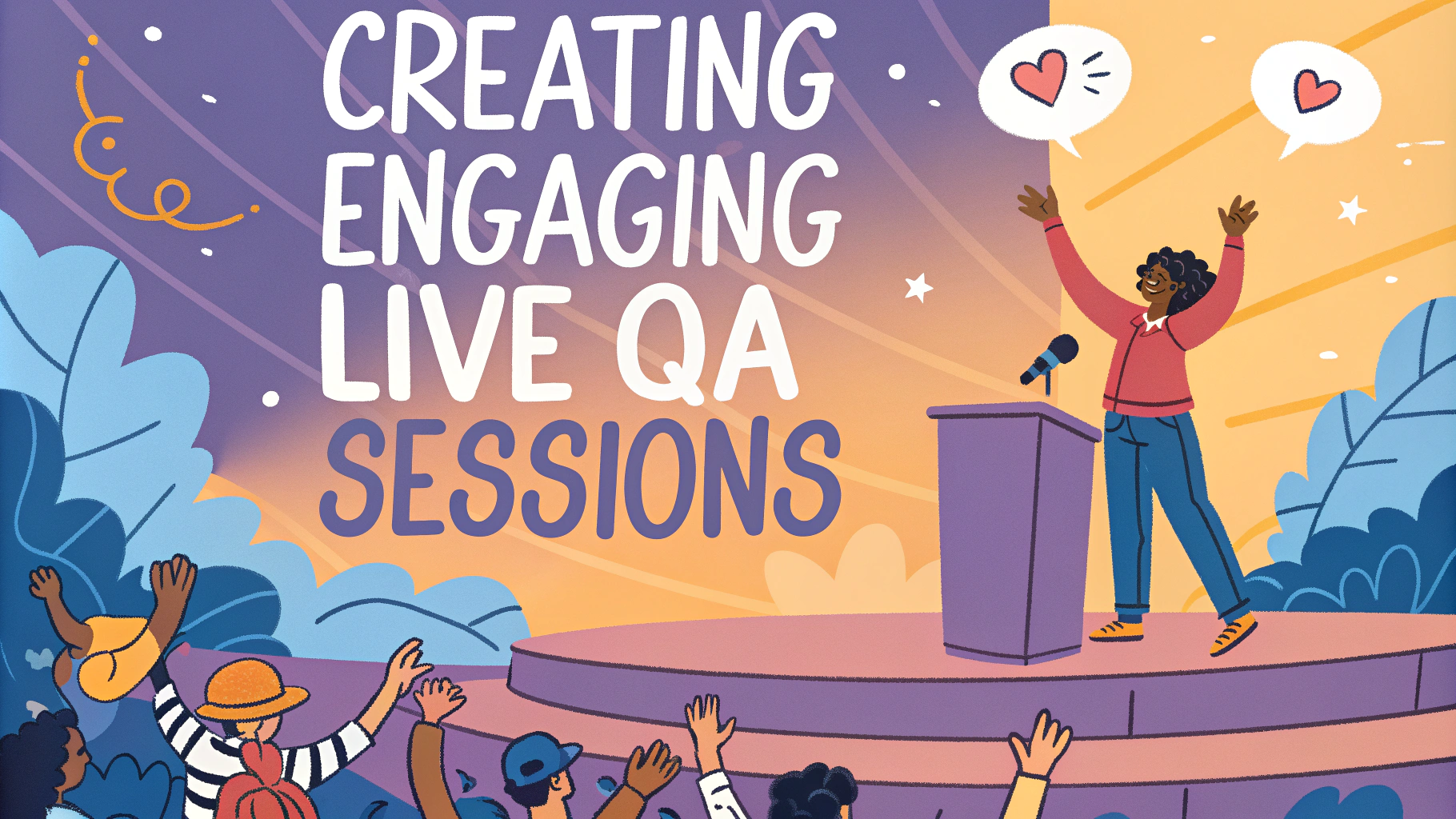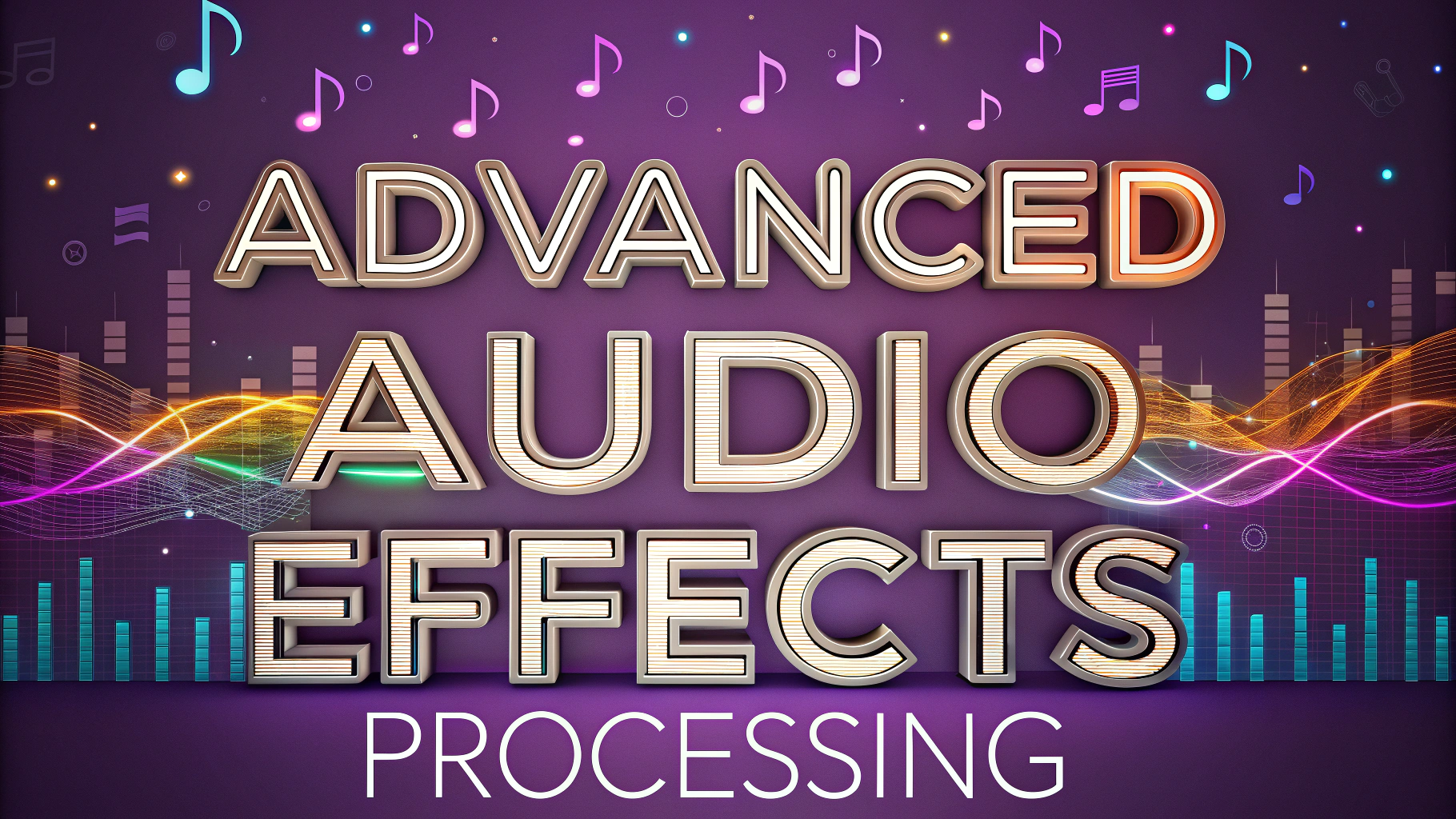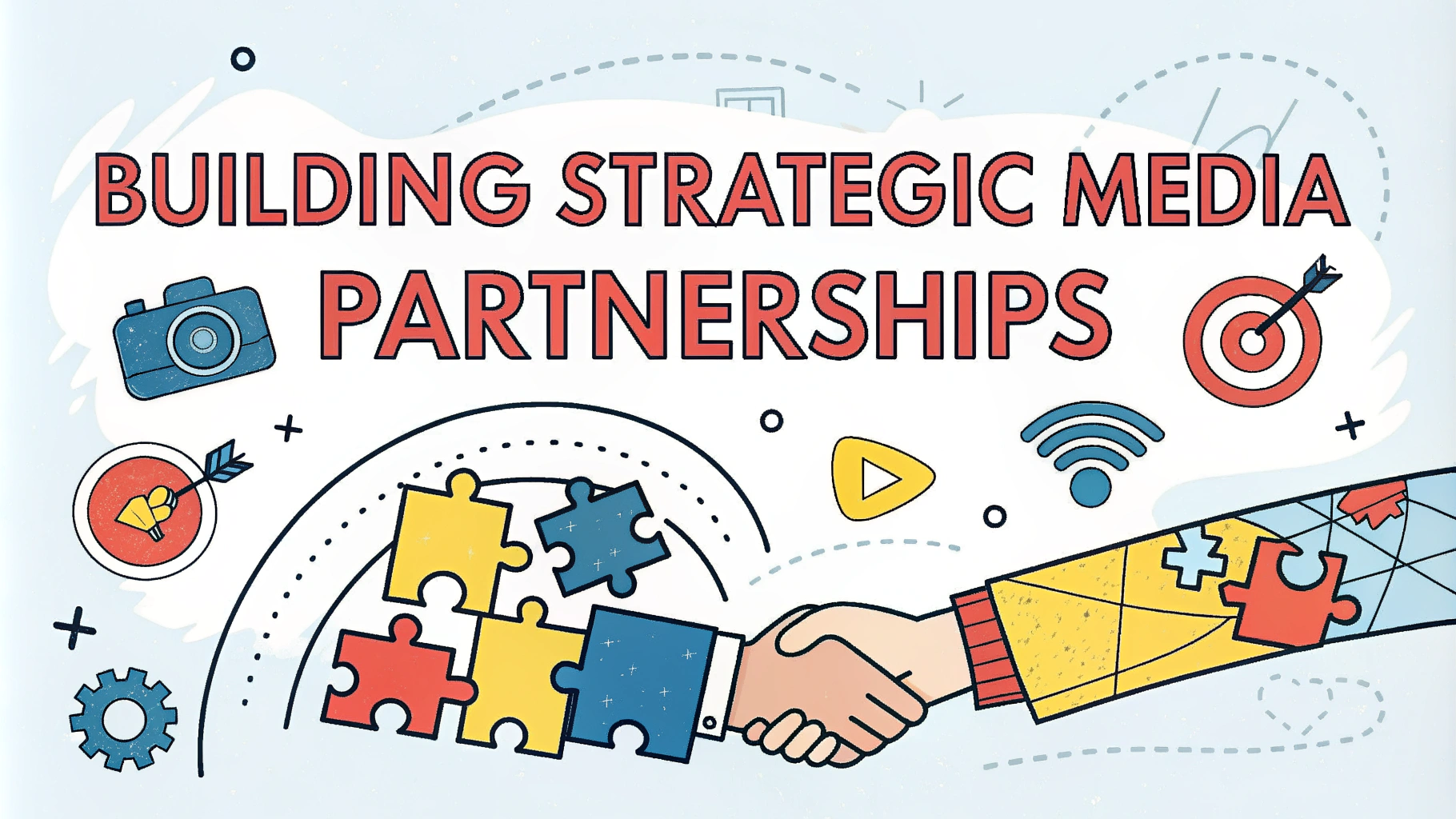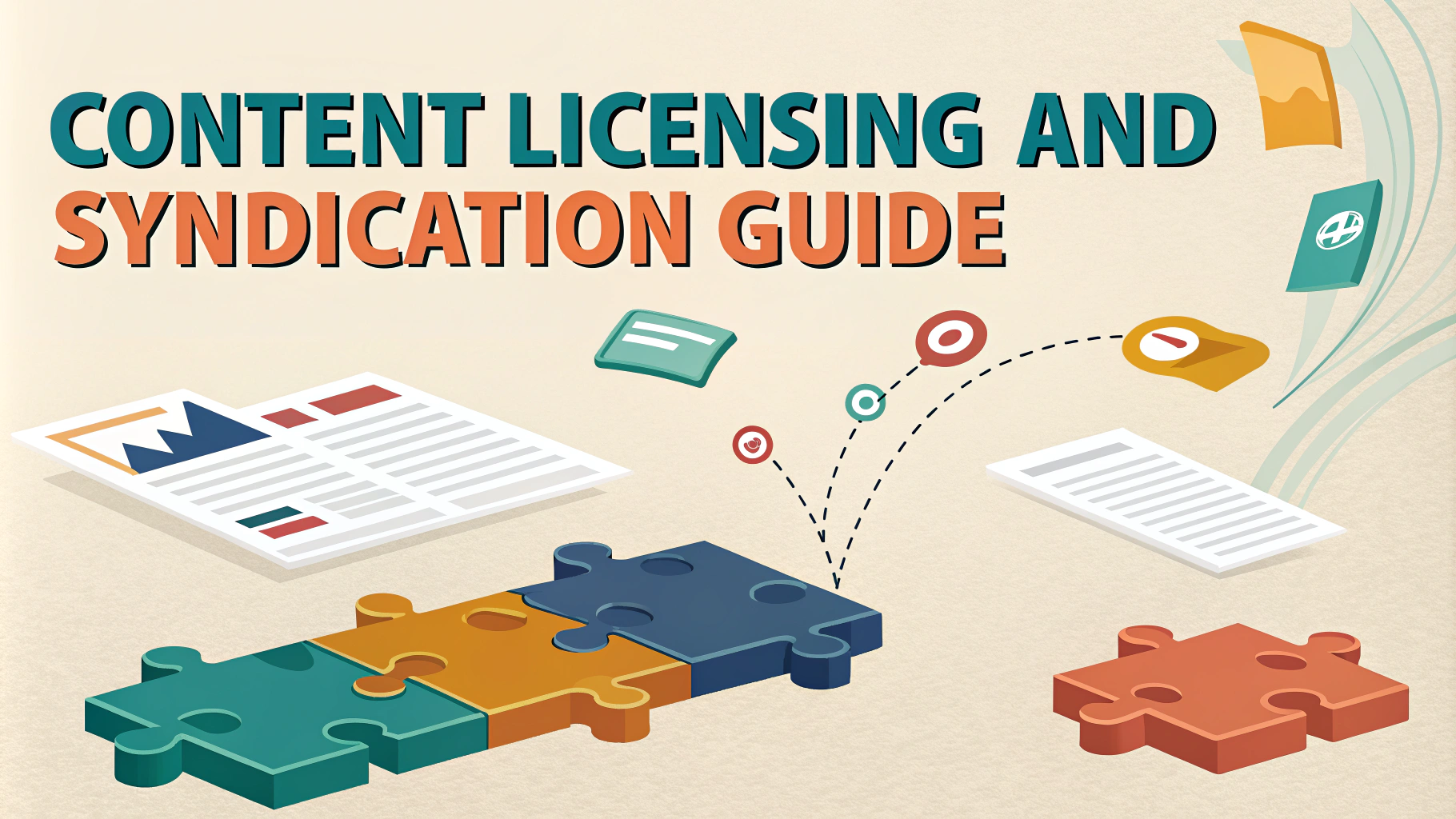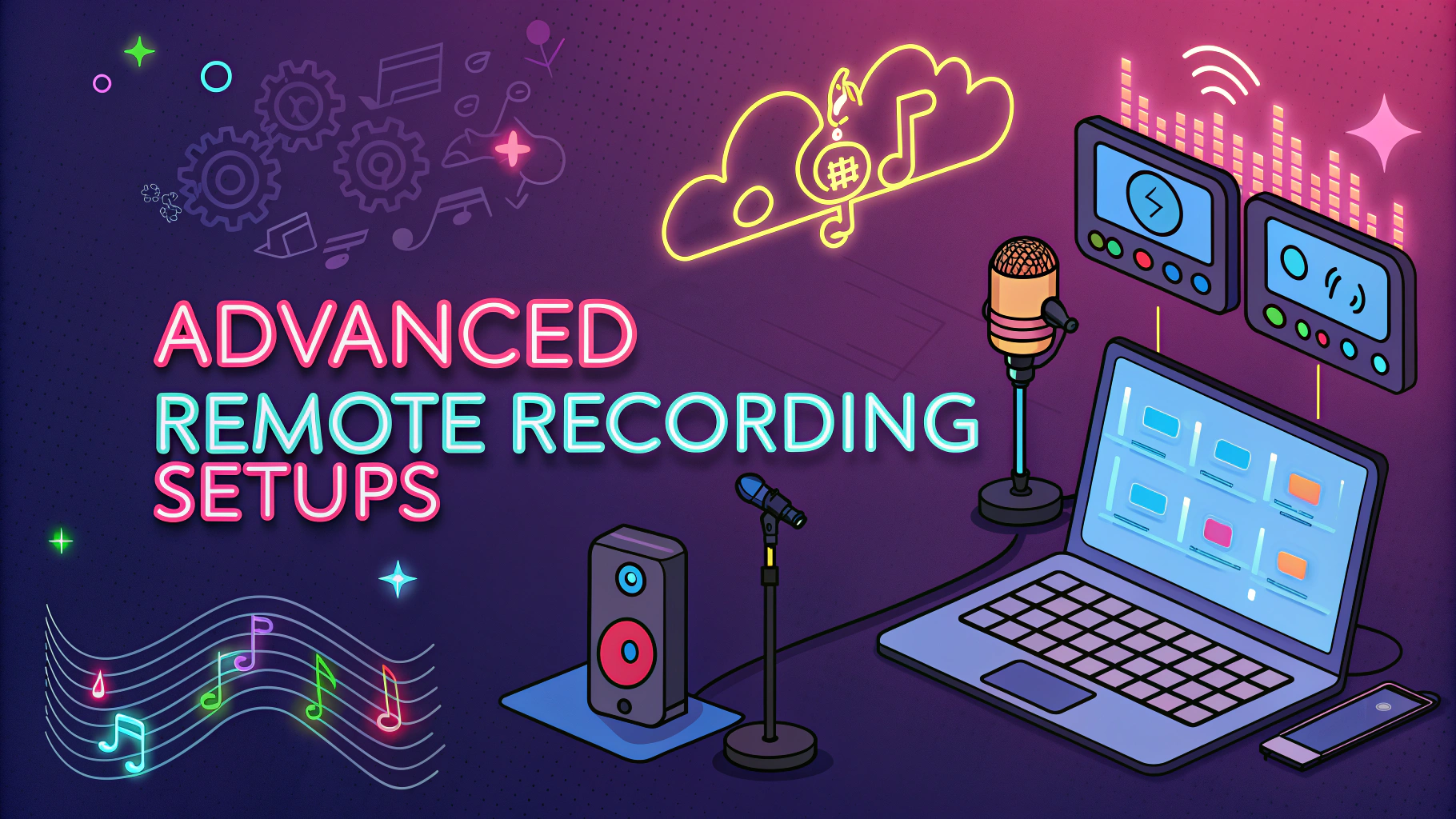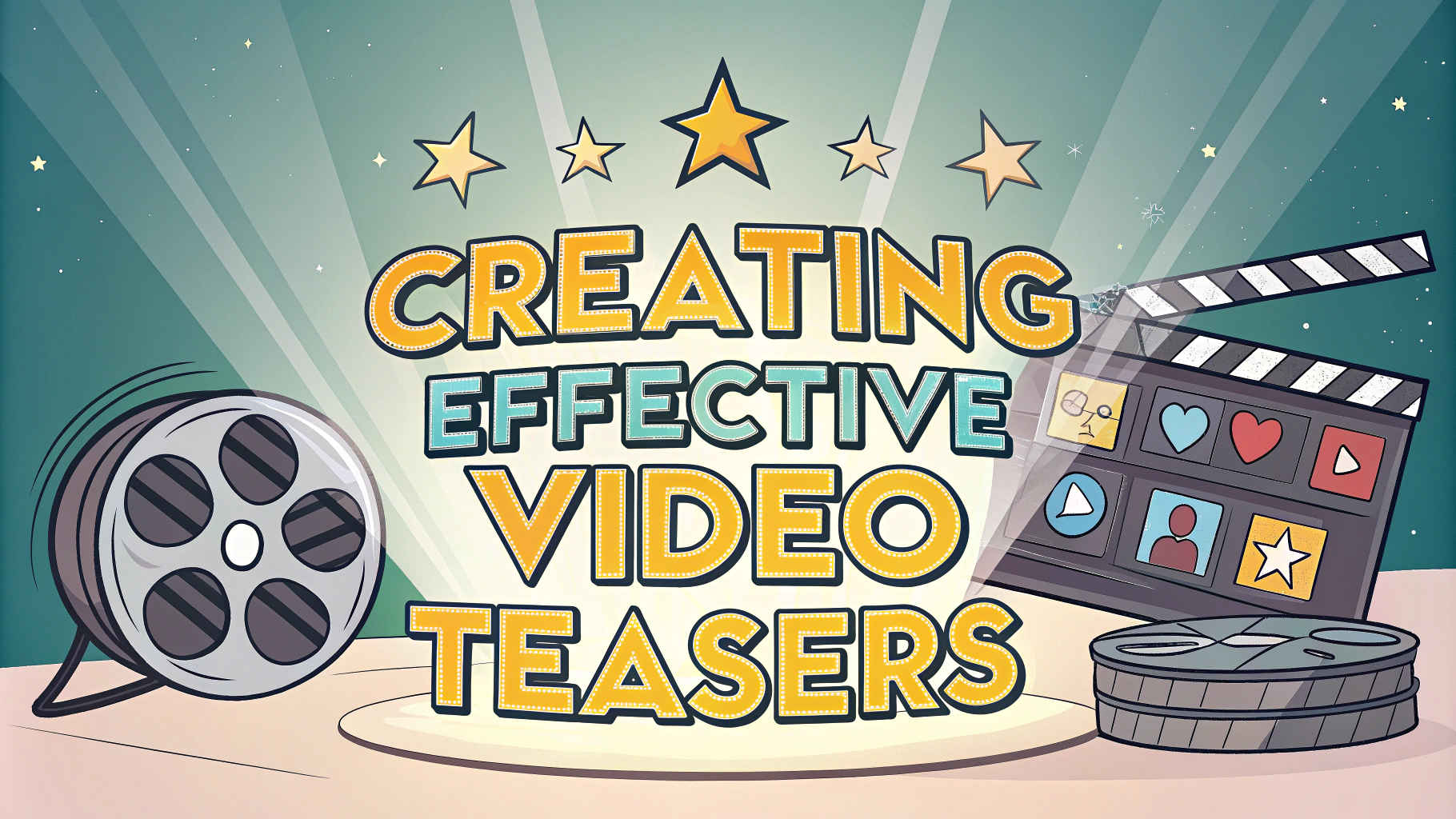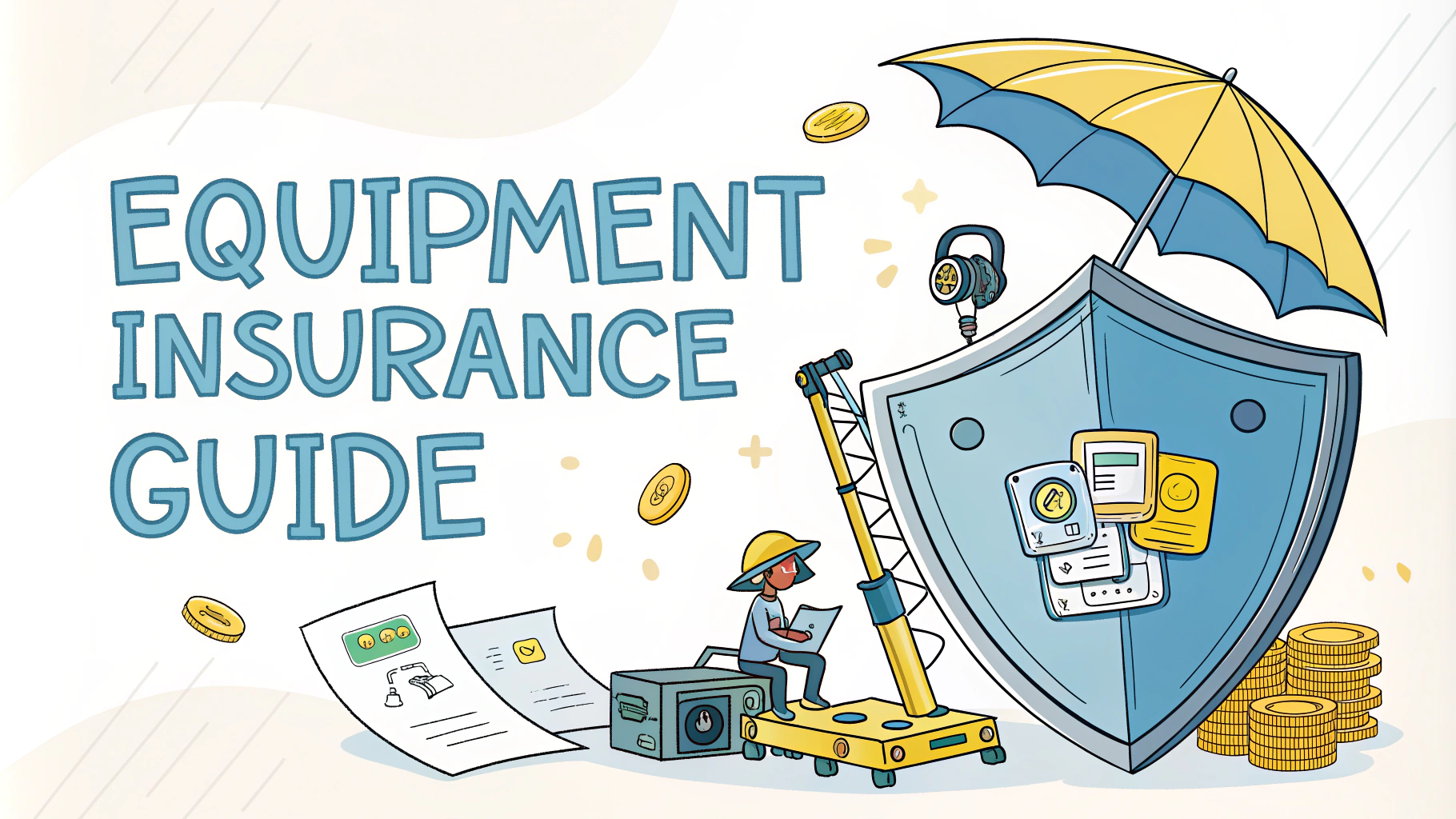Show notes transform your podcast episodes into valuable, searchable content that drives engagement long after the initial release.
Well-crafted show notes help listeners find specific information, encourage sharing, and boost your podcast’s discoverability through search engines.
This guide walks you through creating show notes that serve both your audience and your podcast’s growth objectives.
Essential Elements of Effective Show Notes
- Episode title and number
- Brief episode description (2-3 sentences)
- Key topics and timestamps
- Guest information and credentials
- Resources and links mentioned
- Call-to-action (CTA)
- Social media handles
- Transcription or detailed summary
Writing Show Notes That Convert
Start with a compelling hook that clearly states what listeners will learn from the episode.
Break down complex topics into scannable bullet points or numbered lists.
Include exact timestamps for major discussion points, making it easy for listeners to jump to specific sections.
Optimizing for Search Engines
- Use relevant keywords naturally throughout the text
- Write descriptive headers and subheaders
- Include alt text for any images
- Add meta descriptions for each episode page
- Link to related episodes or content
Resource Links and Citations
Create a dedicated resources section with clickable links to tools, books, or websites mentioned in the episode.
| Resource Type | How to Format |
|---|---|
| Books | Title, Author, Purchase Link |
| Websites | Site Name, Direct URL |
| Tools | Name, Description, Access Link |
Guest Promotion Elements
- Professional bio
- Social media profiles
- Website links
- Current projects or offerings
- Contact information (if permitted)
Formatting Best Practices
- Use short paragraphs (2-3 sentences maximum)
- Include white space for readability
- Implement consistent heading hierarchy
- Bold important points or key takeaways
- Use numbered lists for step-by-step instructions
Distribution Strategy
Share show notes across multiple platforms including your website, podcast hosting platform, and social media channels.
Create snippet-sized content from show notes for social media promotion.
Use email newsletters to distribute show notes to subscribers with added exclusive content.
Taking Your Show Notes Further
Consider repurposing show notes into blog posts, social media content, or downloadable resources.
Track which show note formats generate the most engagement and adjust your strategy accordingly.
Remember to update old show notes periodically with fresh links and current information.
Measuring Show Note Performance
Track key metrics to understand how your show notes contribute to podcast growth:
- Page views and time on page
- Click-through rates on resource links
- Social shares and engagement
- Email list sign-ups from show note pages
- Search engine rankings for target keywords
Interactive Elements to Consider
Enhance engagement by incorporating interactive components:
- Comment sections for listener discussion
- Downloadable worksheets or checklists
- Quick polls related to episode content
- Click-to-tweet quote boxes
- Embedded audio clips of key moments
Maintaining Consistency
Template Creation
Develop templates for different episode types:
- Interview episodes
- Solo episodes
- Q&A sessions
- Tutorial episodes
- News roundups
Style Guide Elements
- Standard formatting rules
- Brand voice guidelines
- Common phrases and terminology
- Image sizing and placement
Maximizing Show Note Impact
Turn your show notes into a cornerstone of your podcast’s content strategy by maintaining quality, consistency, and value for your listeners. Regular updates, audience feedback integration, and performance tracking will help refine your approach and strengthen your podcast’s presence across all platforms.
Focus on creating show notes that not only serve your current listeners but also attract new audience members through improved searchability and shareability. Remember that well-crafted show notes are an investment in your podcast’s long-term success and growth.
FAQs
- What are podcast show notes, and why are they important?
Show notes are written summaries of podcast episodes that include key topics, timestamps, links, and resources discussed. They’re important for SEO, accessibility, and helping listeners find specific content within episodes. - What essential elements should be included in podcast show notes?
Episode title, episode number, release date, brief description, key topics covered, guest information, timestamps for major segments, relevant links, resources mentioned, and call-to-action. - How long should podcast show notes be?
Show notes typically range from 150-300 words for basic summaries, while detailed show notes can extend to 500-1000 words. The length should balance comprehensiveness with readability. - Should show notes be written before or after recording the episode?
Create a basic outline before recording, but write the final show notes after recording to ensure accuracy and include any unexpected topics or tangents that emerged during the conversation. - How do show notes help with SEO?
Show notes provide searchable text content that search engines can index, including keywords and phrases related to your episode. This helps potential listeners find your podcast through search engines. - What’s the difference between show notes and transcripts?
Show notes are curated summaries highlighting key points and resources, while transcripts are word-for-word written records of everything said during the episode. - Where should podcast show notes be published?
Show notes should be published on your podcast hosting platform, your website if you have one, and can be included in the episode description on major podcast directories like Apple Podcasts and Spotify. - How do timestamps in show notes increase engagement?
Timestamps allow listeners to jump directly to specific topics they’re interested in, improving user experience and encouraging repeated listening of relevant segments. - What tools can help create effective show notes?
Tools include note-taking apps like Evernote or Notion, transcription services like Otter.ai or Rev, and podcast hosting platforms with built-in show notes editors. - Should show notes include affiliate links?
Yes, you can include affiliate links in show notes, but they should be clearly disclosed and relevant to the episode content to maintain trust with your audience.
